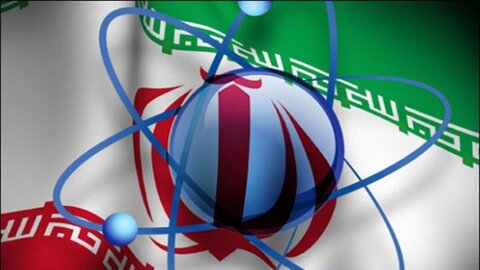Iran (IMNA) - In a recent interview, Eslami discussed the latest advancements in Iran's nuclear industry, stating, "We have now reached a stage in the nuclear industry where we can exploit this technology."
Eslami highlighted that advanced technologies have become a pivotal area on the international stage, asserting that Iran has broken the monopoly in this field and is now capable of conducting independent research. He remarked, "Accessing technology is prohibited from the point of view of regional arrogance, and we do our work independently."
He further noted that the benefits of nuclear technology extend to the Iranian populace, emphasizing that technological capabilities lead to tangible results. "We are now on this path and we can use nuclear technology to advance and influence various issues," he added.
Addressing concerns about costs in developing the nuclear program, Eslami dismissed them as non-issues, asserting that nuclear technology serves as a foundation for progress in other scientific fields. He characterized discussions regarding the weapons potential of Iran's program as merely an excuse used by Western nations.
Eslami acknowledged that enrichment percentages differ across countries and confirmed Iran's willingness to accept inspections to clarify its nuclear activities.
In relation to sanctions against Iran and its nuclear file, he referenced the recent Davos meeting as an opportunity to assess global orientations and priorities, noting that advanced technology remains a central theme in competition among developed nations. He criticized the conditions imposed by these countries, which he claims prioritize U.S. interests over fair access to technology.
The AEOI chief pointed out that the International Atomic Energy Agency (IAEA) must support all nations' access to peaceful nuclear technology. He criticized U.S. legislation, specifically the One Two Three Act of 1955, which he argued restricts countries from engaging in nuclear activities without U.S. approval. Eslami concluded by highlighting the political and security pressures faced by Iran due to these restrictions.


Your Comment